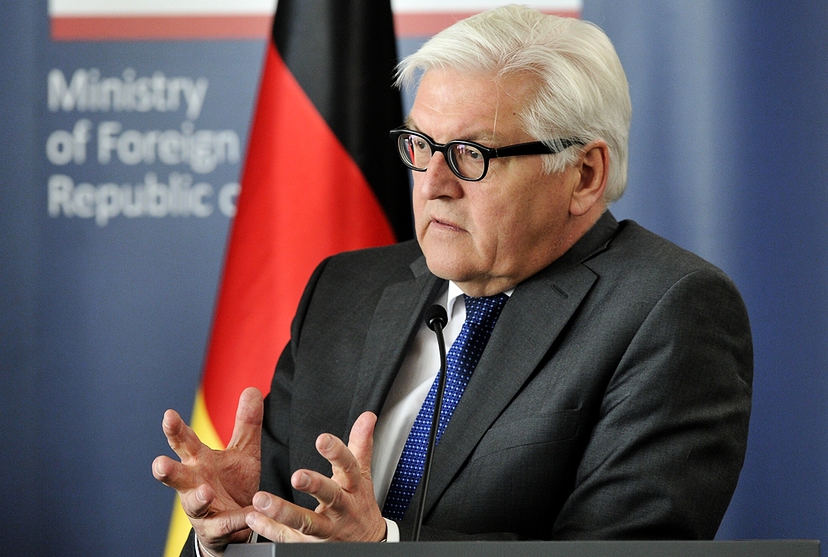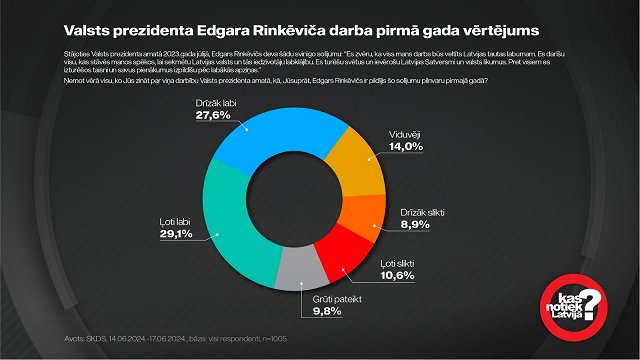Following talks with his Latvian counterpart Edgars Rinkevics, the pair issued a joint statement in which they said they would "support capacity-building within Latvia to provide independent, balanced and pluralistic media in minority languages and to increase social cohesion between different language groups and regions in Latvia."
While acknowledging that part of the aim was to counter pervasive Russian propaganda disseminated via Kremlin-controlled media channels, Steinmeier was adamant that the purpose was not counter-propaganda.
"It's completely clear that you cannot counter propaganda with counter-propaganda in a democratic state," Steinmeier said.
The list of items on which the two states can cooperate includes opportunities for training Latvian journalists, scholarships and "promotion of media literacy and critical thinking."
There is also specific reference to "Support for a possible new public service media platform in Latvia catering for the needs of the Russian-speaking audience," despite the previously-voiced opposition of Finance Minister Janis Reirs to spending money on such a channel.
However, the list of 22 separate areas of cooperation released by Steinmeier and Rinkevics was short on detail and completely lacking in costings or information about who might pay for what, when and how.
Steinmeier also repeated the words of German Defense Minister Ursula von der Leyden, who visited Latvia earlier in the week, by insisting Germany was under no illusions as to the character of the Putin regime.
"We very clearly understand that here in Latvia and in the other Baltic states [the sitation in Ukraine] is a very great concern," Steinmeier said.




























